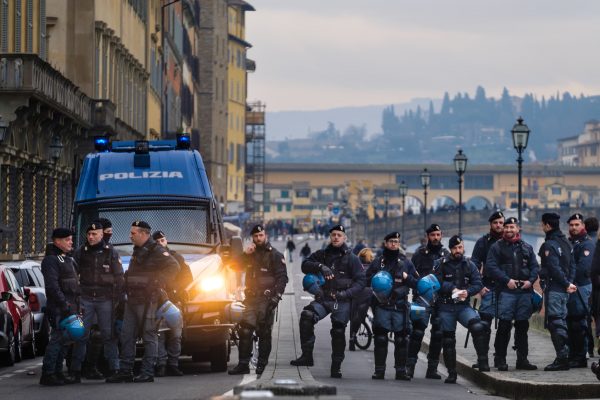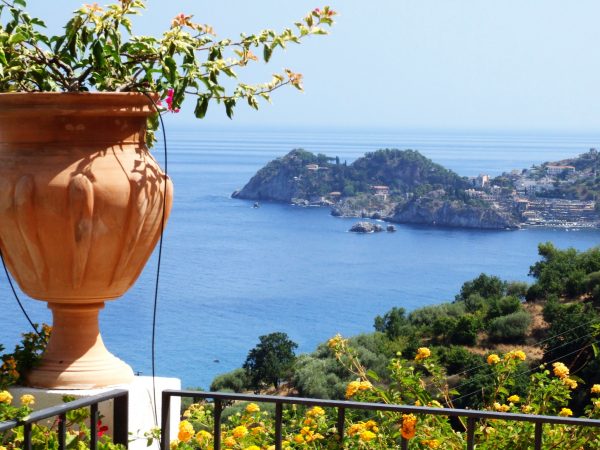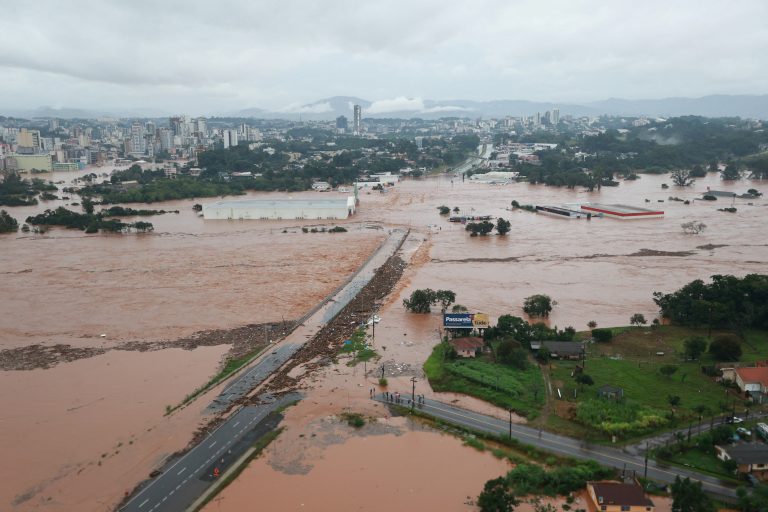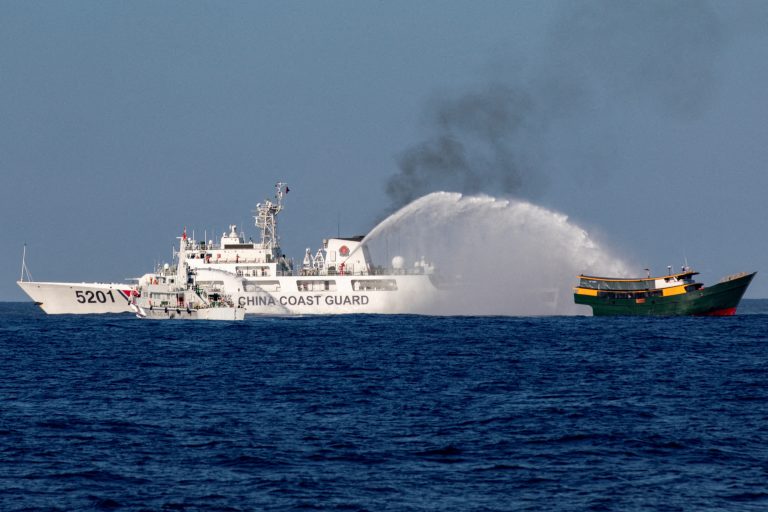A former senior employee from the World Health Organization (WHO) has claimed that he was forced by the organization to change a report on Italy’s early response to the COVID-19 pandemic. The employee, Dr. Francesco Zambon, was part of a WHO team that was tasked to identify lessons from Italy’s coronavirus response so that the information could be used by other countries to fight the looming pandemic. The team eventually produced a report entitled “An Unprecedented Challenge: Italy’s First Response to Covid-19” which was published by the WHO on May 13, 2020.
The organization pulled the report on the same day, however, claiming it contained some factual errors. According to Zambon, the errors were minor and were quickly corrected, but the WHO suppressed the report nonetheless. Because it showed the Italian government in a poor light, strings were pulled to get the report quashed.
Italian prosecutors are investigating Zambon’s claims, but the officials at WHO have apparently refused to cooperate. In an interview with Sky News, Zambon says that the organization made a big mistake by hiding the report, as Italy’s errors could have taught other nations how to better confront the pandemic.
“We [in Italy] didn’t have time to prepare, but this report would have allowed them to buy time, which was by far the most important route for getting better prepared for the pandemic… I think that the problem here is about the lack of independence and lack of transparency of the World Health Organization… The mandate of the organization is to preserve, to promote the health of the citizens of the entire world… and the story that happened in a year shows that the organization is bound by personal interests, by governments’ interest, and by financial powers,” Zambon told Sky News.
The prosecutors are investigating reasons behind the unusually high pandemic death toll in the city of Bergamo, to identify whether a lack of preparation from the government is responsible for the situation. As part of the investigation, the team began looking into the WHO report on the country’s COVID-19 response.

Success
You are now signed up for our newsletter
Success
Check your email to complete sign up
The investigation uncovered the fact that the Italian government had only last updated its pandemic preparation plan in 2006. The documentation compiled by the prosecutors show that Dr. Ranieri Guerra, at the time a WHO assistant director-general, played a role in taking down the report since the Italian government was ‘unhappy’ about it.
In a chat between Dr. Silvio Brusaferro, a top Italian public health official, and Guerra on May 14, 2020, the latter stated that WHO Director-General Tedros Adhanom Ghebreyesus removed the report when it arrived in front of him. In another chat, Guerra admits that Italy’s health minister’s office had asked him to see if he could make the report “fall into thin air.”
WHO denied that Tedros spiked the report and accused Guerra of personally trying to remove the report from the organization’s website. Guerra is known to have attempted to make Zambon alter the report prior to its publication, and to falsely state that Italy had updated its pandemic plan in 2016. Zambon subsequently filed a complaint to WHO over Guerra’s request and resigned from his post.
COVID-19 free tourism
Zambon’s expose comes at a time when Italy continues to be plagued by the spread of the pandemic. It is one of the most affected nations in Europe, with more than 3.8 million cases. Over 115,000 people have died. The deaths per million is around 1,920 while the total cases per million is at 3,417. Amidst the crisis, the Italian government is trying to save the tourism industry’s potential summer revenues by introducing a ‘COVID-free islands’ vaccination plan, which aims to have all residents of popular tourist islands be inoculated.
Massimo Garavaglia, Italian minister of tourism, stated that the plan might kick off the tourist season in early June. Tourism accounts for 13 percent of Italy’s GDP. After almost a year of little to no activity, the tourism industry is pressuring the government to open up the country to travelers. Authorities from Sicily and Sardinia have requested vaccines from the government in hopes that full vaccination would enable the regions to open for tourists.

“Tourism, just like any other economic activity, relies on expectations and also on planning. Reopening a bar, a hotel or a tourist resort are very different things. This is why we need to define a date quickly, depending on how the pandemic is going… I hope that with the measures that we are adopting and when we will get a reopening date, foreign tourists will come as well. For now, I know that the Americans are booking for August. I also know that from the UK they are looking closely at vaccination campaigns on the islands,” Garavaglia told Forbes.
Relaxing restrictions
Meanwhile, Italy’s lockdown has triggered widespread protests as people and business owners are becoming increasingly frustrated. Recently, a protest led by restaurant and small business owners demanding for businesses to be allowed to reopen in Rome, resulted in a scuffle with the police.
Minister for Economic Development, Giancarlo Giorgetti, stated that a decision on reopening will be made at the meeting of the Council of Ministers scheduled for next week. The government has indicated that restrictions will remain in effect until the end of this month. Italian tourism minister has proposed that non-essential travel might be allowed beginning June 2.
Medical workers’ unions have written a letter to the Italian government warning against prematurely relaxing COVID-19 restrictions, as it could put the lives of infected people at risk. “A slowdown of the restrictions will only be possible if daily infections remain below 5,000 cases, while maintaining a large capacity for testing, and resuming contact tracing to control the spread of the epidemic… Hospitalizations would need to be far below the critical thresholds, and vaccinations completed at least for frail subjects and those over 60, the categories at the highest risk of hospitalization and mortality,” the union said in a statement.
Follow us on Twitter or subscribe to our email list















